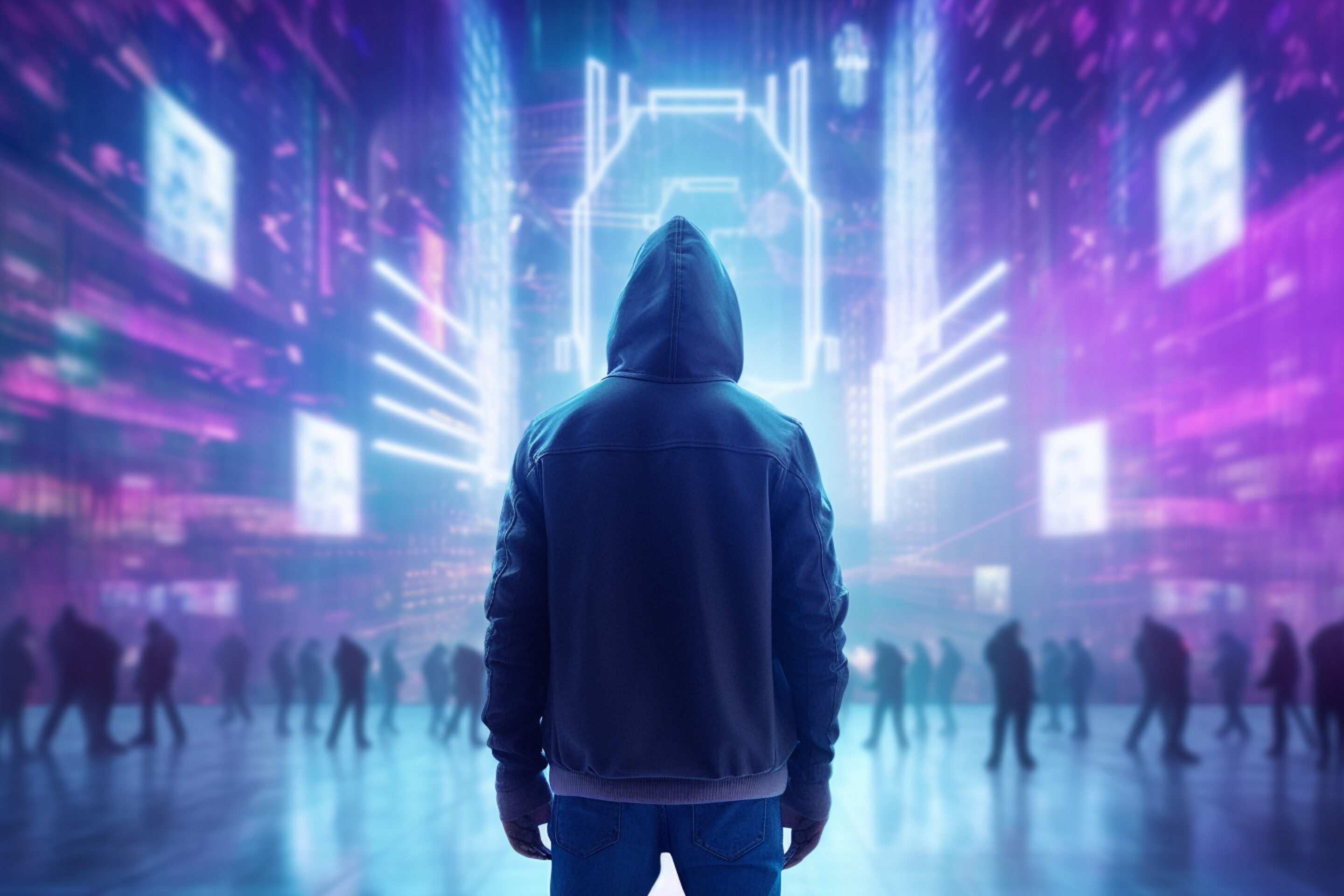Despite being the golden age and having the highest interest in online activities and new tech, Why don’t Gen-Z care about cybersecurity? … their excitement and naivety have led them to be un-suspicious of the threats digital usage includes.
Gen-Z’s lack of concern for cybersecurity poses significant issues in today’s digital world. Despite being the first generation to grow up with the internet, many Gen-Z individuals fail to prioritise cybersecurity as a high priority concern. This casual attitude towards online safety makes them more susceptible to cybercrimes and data breaches. Their frequent use of digital platforms and devices, coupled with a lack of awareness about potential risks, creates a perfect storm for hackers to exploit. As a result, businesses face heightened cybersecurity threats when hiring and entrusting Gen-Z employees with sensitive information. Furthermore, the collective lack of care for cybersecurity in this generation can also lead to risky online behaviour, making it challenging to create a culture of strong cyber hygiene in the workplace and society at large.
Addressing this issue is crucial to safeguarding personal and organisational data, as well as to fostering a safer and more secure digital environment for everyone.
How does this impact the corporate world?
In 2022 SunTec found that businesses abilities to achieve goals is limited mainly by the lack of necessary skills and knowledge from applicants. This resonates with the fact that as Gen-Z are starting to hit the job market, they’re lacking the knowledge around common trending areas such as cybersecurity, AI and more. If they don’t increase their knowledge and skills soon, the issues will become far more apparent.
Gen-Z’s unfamiliarity with cybersecurity poses a significant risk for firms that employ them, potentially leading to more data breaches. Despite being tech-savvy and growing up with digital technology, many Gen-Z individuals lack a solid understanding of cybersecurity practices. As these young employees join the workforce, they may unwittingly engage in risky online behaviour, such as clicking on phishing emails or using weak passwords. Their limited knowledge of potential threats and vulnerabilities can create weak links in a company’s cybersecurity defence. Cybercriminals are experts at exploiting such vulnerabilities, and with Gen-Z’s lack of awareness, they become attractive targets for hackers seeking to gain unauthorised access to sensitive data. Firms must address this issue by providing comprehensive cybersecurity training and education for their Gen-Z employees to mitigate the risk of data breaches and enhance the overall security posture of the organisation.
However, with the addition of training and education the possibility for increased costs is high. Companies will have to dedicate time and resources to ensure new members of the team are prepared to deal with potential scams. This combined with the fact that the aftermath of such breaches can be financially burdensome, as companies need to invest in data recovery, legal assistance, and potential fines or penalties for non-compliance with data protection regulations.

Why is the younger generation less concerned with internet hygiene?
When the covid-19 pandemic struck every country across the world, the internet was our friend. We used it for almost every part of our lives from work to leisure. While this allowed us to communicate with friends and colleagues and live some form of a normal life. We also made ourselves more exposed to cyber threats and hackers simply due to the fact we became less cautious around making ourselves visible online. Services we should be able to trust such as healthcare, banking etc all moved online and requested to make online profiles, and for many of us we got used to using the same or similar password repeatedly.
While this may seem like a minor issue to some, these actions form our behaviour, especially at a young age. And with a lot of gen-Z growing up in this period it has led to a generation who often carry poor knowledge around cybersecurity.
Why do people seemingly not care about cybersecurity
Despite the constant discussions about cybersecurity and the numerous services that significantly reduce the chances of cyberattacks, the risk remains prevalent. People often feel helpless and overwhelmed. And with some of the biggest companies in the world such as Apple suffering at the hands of cyber criminals, people often think if these companies can’t help it how can they.
The fact a cybersecure network isn’t just one click away poses another problem for those who want the younger generation to have a good relationship with internet hygiene. Employers and educators need to change this mindset and culture around cyber security, as in reality many options exist for someone looking to fortify their personal details.
With 63% of Gen-Z not having access to cyber security training or advice, businesses need to step up to provide the younger generation with the necessary skills required to meet their standards and upcoming roles. By doing so companies can help show that you should think twice before creating your next password.
We are pathfinders. Our team are bound by one purpose; finding the right opportunities for the candidates and contractors we engage with every day and enabling tech pathways for all.
Whether you are an experienced professional seeking a new opportunity, a recent graduate looking to take your first career steps or just want advice on how to get into tech… we’re here to help you find your path.

